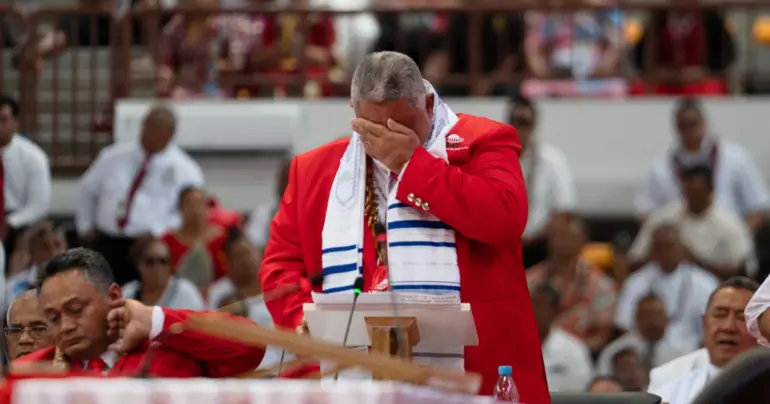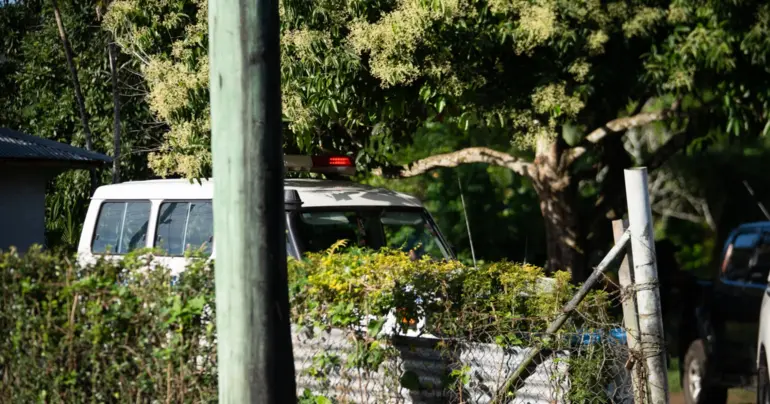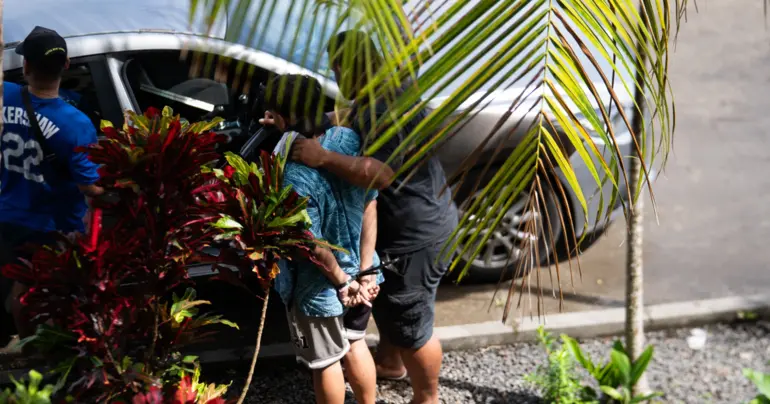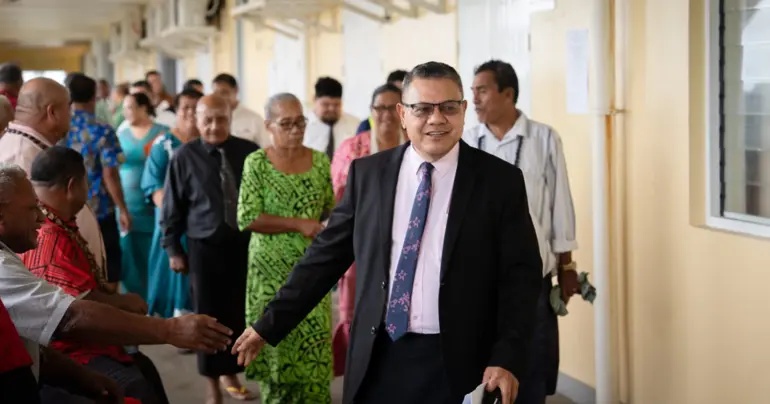Light must be shone on Govt.'s court powers
 By The Editorial Board
•
18 January 2021, 11:00PM
By The Editorial Board
•
18 January 2021, 11:00PM
The Government’s overhaul of the judicial system has generated plenty of heat but some of its most fundamental changes have escaped the spotlight.
From the outset, debate about the three pieces of legislation overhauling the court system has focused, somewhat myopically, on the creation of a newly autonomous Land and Titles Court (L.T.C.).
That owes much to the way the Government has framed its court overhaul, primarily, as L.T.C. reforms, since their introduction to Parliament last March.
Any Samoan would proudly declare their family measina (treasures) as the definition of their identity, so any change to the more than century-old institution governing them was likely to eclipse any other critical changes to the judiciary in public debate.
The Government, in a canny election strategy, talked frequently about the L.T.C. changes when discussing the newly passed laws in the nine months between their tabling and their passage. Opponents were deemed “unSamoan” and essentially painted as self-serving – an immoral act in the context of Samoa’s Aganuu (way of life).
By framing support and dissent for the bills (now laws) this way, Prime Minister Tuilaepa Aiono Dr. Sailele Malielegaoi reduced numerous intricate changes to the legal system into a political debate about culture.
The Constitution Amendment Bill 2020, Land and Titles Amendment Bill 2020 and Judicature Amendment Bill 2020 are about so much more than the balance the legal system strikes between individual and communal rights.
Now that the dust has settled on the debate about the new laws these aspects are coming into focus.
The publication of the final version of the kaws passed in December by Parliament this week is speeding up this process.
The release of the legislation is revealing the many amendments that were inserted into the bill moments before its passage but never debated.
But perhaps the biggest change to Samoa’s judicial branch has been part of the new laws from the outset but overshadowed by the splitting of the court system in two.
That is Constitution Amendment law, which strengthens the power of the Prime Minister himself to shape the composition of the courts.
A front-page story in Monday’s edition (“J.S.C. gets greenlight to remove Judges”) underscored the importance of these changes.
The Judicial Service Commission will now have the power to remove a Supreme Court judge from office, not, as before, a vote by two-thirds of Parliament.
And from where are the commission’s staff mostly drawn? Officials appointed by the Ministry Prime Minister and the Cabinet.
As the Samoa Law Society President, Leiataualesa Komisi Koria, made clear when the new laws were first being debated as bills this was a major break with Samoa’s democratic convention of maintaining distance and independence between branches of Government.
“When there is that level of influence by the executive on the work of the judiciary then there is a huge danger,” he said.
Leiataualesa noted that job security was essential to judges feeling free to make judicial decisions independently.
“You will have members of the Supreme Court who can no longer operate without fear and without favour, because there is another arm of Government that can make a decision whether they can remain in their position or not,” he said.
He warned of “so much opportunity for abuse of that change in the future.”
“We could have a judicial system, a court system which is influenced by the executive and that is a terrible thing,” he said.
This is not just a lofty democratic ideal imported from overseas; it is a long standing system of check and balance built into Samoa’s political culture.
For evidence, we need to look no further than the Parliament’s prohibition on M.P.s from disparaging judges in the Legislative Assembly - a measure designed to uphold respect for the judiciary.
But while Leiataualesa is worried about how these changes might be put to future use, their immediate application is also concerning.
The Prime Minister had no second thoughts about demanding answers about the decision to grant bail to two men accused of conspiring to assassinate him in a letter to Supreme Court Judges and the head of the Ministry of Justice and Courts Administration.
That was an obvious example of interference in the judicial branch but also one where Tuilaepa showed no compunction about the perceived conflict of interest entailed in involving himself in a matter in which he was a major subject.
(Ironically that letter has been tendered into evidence in an extradition hearing in Australia for Talalelei Pauga, a man accused of being the fourth member of the alleged plot. Pauga’s defence lawyers argue it shows he cannot be guaranteed a fair trial in Samoa and therefore should not be extradited here).
Just one week before the legislation was passed by Parliament we were given further insight into the Prime Minister’s relationship with the Judicial Services Commission.
Tuilaepa urged the commission to look into the conduct of an unnamed Judge whom he claimed made “verbal rulings” and is yet to issue “written decisions” to explain them.
He went so far as to question the integrity of the justice in question, suggesting they were issuing verbal decisions while they waited to “look for [a legal] basis for the decision” to be delivered in writing.
“I also hope the Judicial Service Commission will look into the conduct of this specific Judge and this specific Judge should be dealt with,” he said.
The combination of a Prime Minister without regard for the separation of the judiciary and new laws boosting his ability to shape it is a potent mix indeed - and something we should all be concerned about.
...
 By The Editorial Board
•
18 January 2021, 11:00PM
By The Editorial Board
•
18 January 2021, 11:00PM










